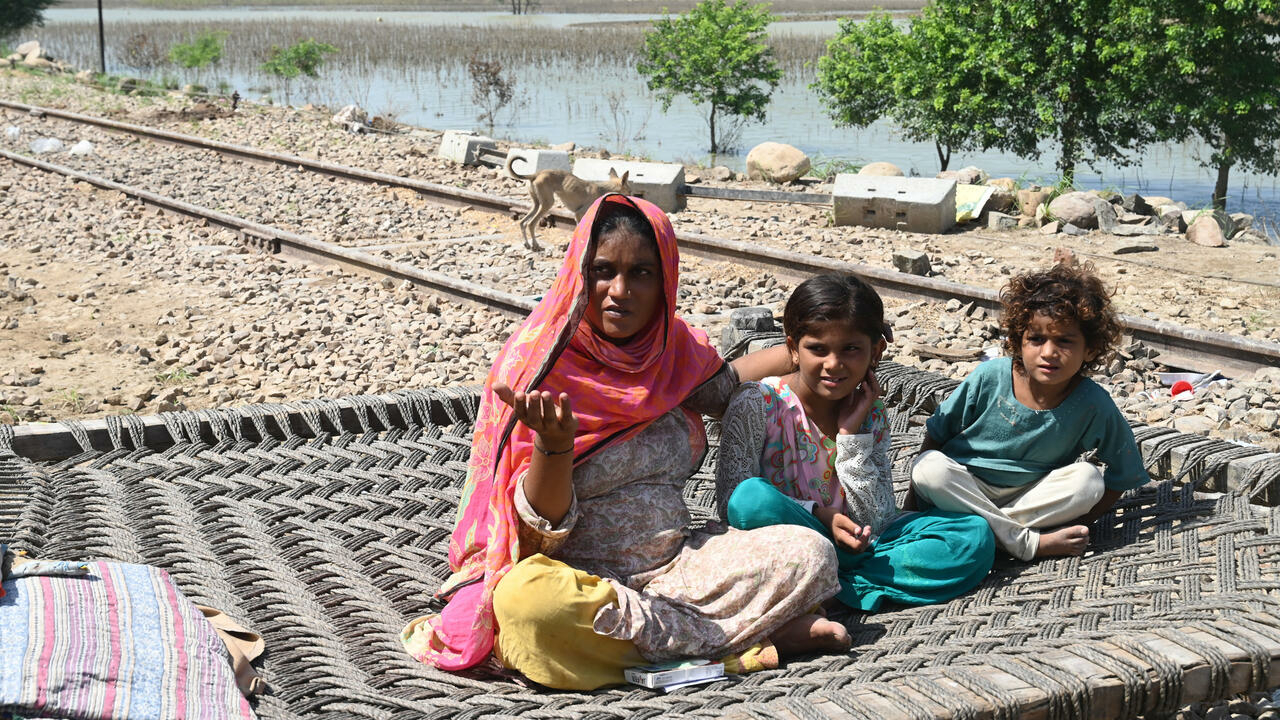
ISLAMABAD: The economic losses have further increased mainly because agricultural crops have been destroyed in 8.25 million acres as compared to initial assessment of 4.2 million acres. Cotton, rice, and minor crops have been damaged severely and if dewatering is not done properly, it can cause serious problems for wheat sowing.
Cotton crop has evaporated in most parts of the country and now wheat sowing is under threat.
The Ministry of National Food Security has been assigned to come up with a summary to increase the minimum support price of wheat for the coming crop. The authorities have held meetings with international donors and assured them that Pakistan would place an effective monitoring and evaluation system to utilise each and every penny to mitigate the flood losses in a transparent manner.
“The UN secretary-general is due Friday (today) for a three-day visit and Islamabad is going to share the rapid assessment cost with him. The international donors under the supervision of the World Bank are making their separate study on Damage and Need Assessment and then these figures will be reconciled,” official sources told The News Thursday.
The Ministry of Planning is undertaking an exercise to slash down the Public Sector Development Program (PSDP) by Rs250 to Rs300 billion to bring it down from Rs800 billion to Rs500 to Rs550 billion for the current fiscal year. These resources will be diverted towards the flood-affected areas.
When contacted, Minister of State for Finance Aisha Ghaus Pasha and inquired about the latest rapid assessment cost, she refused to share the exact information and said that the cost had escalated and efforts were underway to finalise it by giving a cut-off date.
Under the rapid assessment exercise, the government had initially envisaged the cost of economic losses to the tune of $10 to $12.5 billion but the revised estimates suggested that the accumulated cost of economic losses had escalated up to $17 to $18 billion.
The per capita income is projected to slow down in the wake of the reduced GDP growth. The government had envisaged a GDP growth rate of 5 percent for the current fiscal year. The IMF had recently projected that the GDP growth would be standing at 3.5 percent for the current fiscal year. However, the floods damaged the agriculture sector and the industrial sector also gave an indication of slowing down, so the GDP growth might be below two percent.






